It’s Time to Talk About Ecological Grief
When I called Courtney Howard, one of the authors of the recent Lancet Countdown 2018 Report on health and climate change, she was Christmas shopping during a pit stop in London on her way to the 24th United Nations Climate Change Conference in Katowice, Poland.
As she picked out ballet shoes for one of her young daughters, we discussed her work on the mental health impacts of climate change. She recounted to me the moment in her own life when climate change’s bottom line really sunk in. She was at home with her daughter doing some mental math: Yellowknife, the capital of Canada’s Northwest Territories, where she lives, was already 2.5 degrees Celsius warmer than it was in the 1940s, and the Intergovernmental Panel on Climate Change (IPCC) had recently reported that average global temperatures were on pace to warm another half degree or more by 2052. The warming would be irreversible in little more than a decade — well within the lifetime of her children. She wound up on the floor, wrapped around her daughter in the fetal position.
The impact of climate change on our physical world has by now been made clear and manifest to anyone paying attention: Rising sea levels and increasing temperatures have begotten wildfires, drought, tsunamis and heat waves, which have wrought unprecedented devastation. The impact of climate change on our internal worlds, though, has gone relatively unstudied. But a growing body of evidence demonstrates that climate change and its effects are linked to elevated rates of depression, anxiety, suicidal ideation, post-traumatic stress, and a host of negative emotions including anger, hopelessness, despair, and a feeling of loss. Researchers have dubbed these feelings “ecological grief.”
In a briefing for Canadian policymakers released in conjunction with the Lancet Countdown, Howard and her colleagues honed in on ecological grief, eco-anxiety, and something called solastalgia — a form of homesickness one experiences while still at home. Grief and mourning are natural responses to the scale of ecological loss we’re living through. Research shows that the sixth mass extinction is underway, and the World Health Organization named climate change the single greatest threat to global health this century.
Ecological grief is the grief that’s felt in response to experienced or anticipated ecological loss. It may arise due to acute environmental disasters. For example, one in six survivors of Hurricane Katrina met the criteria for post-traumatic stress disorder, and crop-damaging heat waves have been shown to lead to increased suicide rates in India. But grief can also stem from stress and anxiety associated with slow, creeping changes in one’s environment — feelings that many of us are experiencing as the winters become uncannily warmer and extreme weather events become more frequent.
Communities whose livelihoods and ways of living are inextricable from their natural environments, though, are on the frontlines of the crisis. In the Inuit communities of Nunatsiavut, located in the north of Canada’s most easterly province, Newfoundland and Labrador, temperatures are warming twice as fast as in the rest of the world. That has led to diminishing ice cover, shorter winters, and unpredictable weather. Like other public health challenges, the burden of climate change’s mental health impacts falls primarily on groups that are already vulnerable. The losses these communities suffer extend to every corner of their lives, and they’re unending, says Ashlee Cunsolo, the director of the Labrador Institute of Memorial University and another contributor to the recent Lancet report. The land — or ice — is literally shifting beneath their feet and before their eyes. The attendant grief these communities experience is similarly amorphous and ubiquitous.
The changing landscape brings food insecurity, post-traumatic stress disorder, population displacement, and trauma. There are no roads in or out of Nunatsiavut’s Rigolet, the southernmost Inuit community in Canada. The town is accessible by ice road, by plane, or — during the summer months — by ferry. In recent years, the ice has started to form a month later and melt a month earlier, says Derrick Pottle, a hunter and commercial trapper. And when there is no ice, community members have nowhere to go. Without the ice road, “you’re trapped — even if you wanted to get out you couldn’t.” For Pottle and the rest of the community, the sea and the land are “our highways, how we move around, how we get out to harvest, and how we connect to the land.”
Historically, the Inuit have depended on their natural environment for survival. To lose it is to lose not only the ability to visit friends and family, but also the ability to provide for one’s family by hunting, fishing, and foraging. The land is also foundational to a sense of well-being and belonging, contributing to people’s ability to live their cultural lives in a healthy way. To watch helplessly as the landscapes, ecosystems, species, and places that carried collective meaning become unrecognizable before your eyes is painful. Community members in Rigolet report feelings of fear, anxiety, sadness, anger, frustration, and hopelessness. They worry about what the future will bring for themselves and their children, and about what future environmental changes will mean for their way of life. These intense negative emotions can lead to additional mental health burdens, such as increases in drug and alcohol use, domestic violence, and suicide.
Ecological loss can also lead to a crisis of culture and identity. In the 2014 documentary about climate change in Rigolet, “Lament for the Land,” an existential question is posed: “Inuit are people of the sea ice. If there is no more sea ice, how can we be people of the sea ice?” This kind of mourning is what Cunsolo calls disenfranchised grief: a grief that isn’t publicly or openly acknowledged. When we grieve the loss of a person, we come together with other people and perform rituals to work through these elements of grief. But when it’s the loss of place, or the degradation of a body of water, or when a species collapses, there are simply no rituals in place for processing the loss.
The isolated ecological grief of the Inuit could soon transform into collective mourning, as large expanses of the planet become uninhabitable and more of us begin to experience the loss of our environments as we knew them. As Cunsolo and Howard continue to research ecological grief, they’ve both found that after they share their findings in public, there’s often a deluge of people who come to them to share their experiences of stress, anxiety, depression, and hopelessness in the face of our changing climate. Research like theirs quantifies the psychological toll of climate change, giving policy makers and health professionals the evidence they need to account for it as part of the human cost of global warming. Ecological grief is not new, but there’s power in being able to name it, and there’s relief in being able to share it.
As climate change marches forward, the tangible mental health effects of ecological grief will mount: loss of work hours, increased costs and burdens on health systems, and untimely death. But grief can either paralyze you or galvanize you. For years, emotion had no seat at the table in climate discussions, but the language of ecological grief adds weight to the science, statistics, policies, and politics of climate change. It makes it clear what is at stake — and what’s at stake are our lives as we know them.
By beginning to pay attention to these intangible losses, we can expand the narrative of climate change and find ways to support one another, encourage action, and create healthy communities. At the end of our call, Howard, nearly done with her shopping, gave me a prescription to do just that: Get outside for some fresh air, spend time with friends and family, and spend 20 minutes a day taking action against climate change.
Michaela Cavanagh is a Canadian freelance journalist based in Cologne, Germany. You can follow her on Twitter.


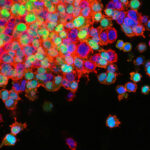


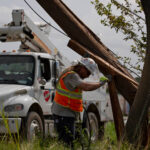
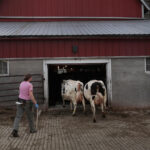


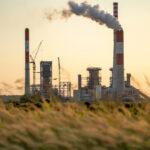
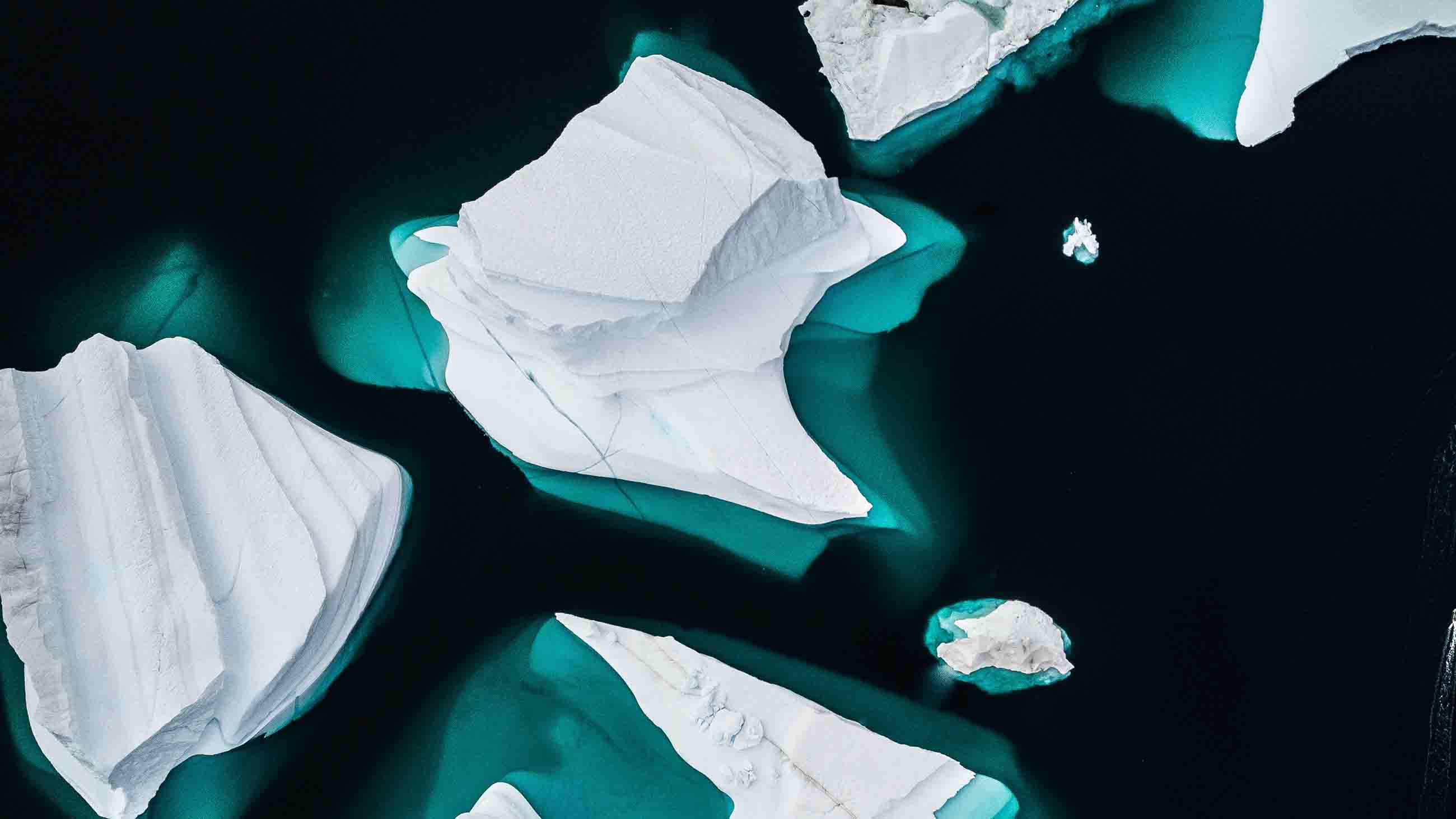
Comments are automatically closed one year after article publication. Archived comments are below.
See Sciencemag.org, Aug. 15, 2018: :”Rising sea levels will have overwhelmingly negative impacts on coastal communities globally. With previous research focused on how sea-level rise (SLR) affects storm-induced flooding, we show that SLR will also increase both the frequency and the intensity of tsunami-induced flooding, another significant coastal hazard associated with sea-level extremes.” Btw, I really can’t take seriously anyone who doesn’t read.
Tsunamis, huh?
I really can’t take seriously anyone who writes that climate change causes tsunamis. Really, this level of scientific illiteracy is almost comical, yet par for the course, in articles that vomit emotional hysteria.
Anyone with any awareness, any compassion, any love of the magnificent beauty of this Earth and its incredible life, has to be feeling agony in these times. It used to be possible to have faith that people would wake up in time. No longer. I believe we can still win this, because there is nothing driving the destruction except our thinking and behaviour and they can in principle change quickly. But it is not happening yet, and won’t happen unless something truly transformational comes along really soon that can scale to a world levels. What are we not thinking about that could possibly still be tried?
My own best answer is a world federation of the democracies (possibly excluding the United States, which would only join if it could run everything, and we’ve had enough of that). Such a federation could implement a carbon tax that we can believe in, as well as other environmental measures. In our current nation-state system (which is modelled on anarchy and proves that anarchy doesn’t work very well), people will resist measures that burden their own countries unilaterally. A substantial trade zone of the democracies, with tariffs against non-carbon taxed imports, is essential to winning support. Such a union would have many other benefits, including protecting and expanding democracy itself.
Tim and Anthony – Spot On ! May ‘Greenland’ become ‘Green’ again and the Inuit can move there. Former Prime minister Jean Chretian ‘touched’ the 3rd. ‘rail’ in Canadian politics and asked “Why don’t the Inuit just move south. If the nomadic tribes inhabiting Canada could move with seasonal changes so readily why are the Inuit ‘victims’ ?
So 15,000 years ago, Yellow Knife would have been under about 2 km of glacial ice and sea levels would have been 120 meters lower. I am very happy that our ancesters didn’t “curl up into a fetal ball” over the following 15,000 years or they would have been saber tooth snacks. People need to get a grip on the fact that we have been living with climate change since stone tools were the next big thing. In fact, rather than destroying us, the human race has prospered over that period. Coincidence? Not really. The warmer climate has actually made life a lot easier for us. If you want to worry about climate change, worry about the onset of the next ice age.
No. That is not true. The grief described here is due to climate change. Because those feeling the grief have said so. I really don’t know how you can presume to deny these people their experience, plus a bunch of sociological studies that show climate grief is a thing. You may personally feel grief due to social isolation etc, but that’s not what these people feel. Do try not to mansplain.
Snap out of it, you weak-minded Inuits, people of India, and Hurricane Katrina survivors!
I suffer really suffer from debilitating grief over the loss of planet earth’s flora and fauna. I awake from a nightmare, the animals were calling ,were begging me to save them. The loss of life on earth is unbearable and only my age keeps me from checking out now. My friends and I had thought the worst would come after we were dead but we all now know that any day tremendous ,sudden change to our environment can lead to a complete loss of the habitat that supports life on earth.
I dream now of how to painlessly destroy homo sapiens and save the planet,Some magic formula to make homo sapiens infertile We are the destroyers and nature biggest error.
It’s our collective psychosis- the human condition- that is the cause of the growing levels of depression. Anthropogenic climate change has, as a result, been wildly exaggerated as ‘the greatest threat to our planet’, it isn’t, what is the far greater threat is the growing intensity of our psychosis. The incredible thing is we now can understand this and by so doing being an end to the human condition, heal our psychosis and bring an end to the damage we do each other and our planet. http://www.humancondition.com
The grief described here is not due to climate change, it is due to change and uncertainty in a weak social network that does not adequately support positive responses to change and uncertainty.